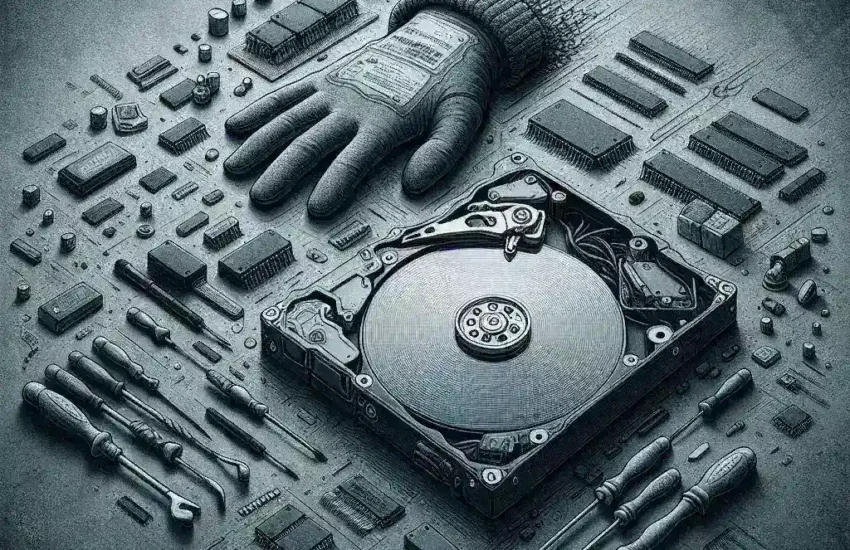Introduction
A dead hard disk can be a nightmare, especially if it contains valuable data. However, hope isn\’t lost. There are several steps you can take to recover your data and potentially restore the hard disk to working condition.
Signs of a Dead Hard Disk
Before jumping into recovery methods, it\’s crucial to identify the symptoms of a dead hard disk. Common signs include:
- The computer fails to boot.
- Unusual noises such as clicking or grinding from the hard disk.
- Frequent crashes or blue screens of death (BSOD).
- The disk isn\’t recognized by the BIOS or operating system.
Steps to Recover a Dead Hard Disk
1. Check Connections and Power Supply
First, ensure that all cables are securely connected and that the power supply is functioning correctly. Sometimes, a loose connection can be the root cause of the issue.
2. Use a Different Computer
Connect the dead hard disk to another computer as a secondary drive to see if it\’s recognized. This can help determine whether the problem lies with the hard disk or the original computer.
3. Utilize Data Recovery Software
There are numerous data recovery programs available that can help retrieve data from a malfunctioning disk. Some popular options include:
- Recuva: A user-friendly tool for recovering lost files.
- EaseUS Data Recovery Wizard: Comprehensive software for recovering various types of data.
- Stellar Data Recovery: Reliable for recovering data from severely damaged disks.
4. Try the Freezer Method
This unconventional method involves placing the hard disk in a sealed plastic bag and freezing it for a few hours. The theory is that cooling the components can temporarily repair some mechanical failures, allowing you to recover your data long enough to transfer it to another device.
5. Seek Professional Help
If none of the above methods work, consider taking the hard disk to a professional data recovery service. Professionals have specialized tools and expertise to recover data from even the most severely damaged disks.
Preventive Measures
To avoid future data loss, implement the following preventive measures:
- Regularly back up important data.
- Use surge protectors to protect against power surges.
- Avoid exposing the computer to extreme temperatures or physical shocks.
Conclusion
While a dead hard disk can be distressing, following these steps increases the odds of recovering your precious data. Always remember to take preventive measures to safeguard your data against future issues.
Statistical Data on Hard Disk Failures
| Cause of Failure | Percentage |
|---|---|
| Mechanical Issues | 60% |
| Electrical Failures | 20% |
| Firmware Corruption | 10% |
| Human Error | 10% |

